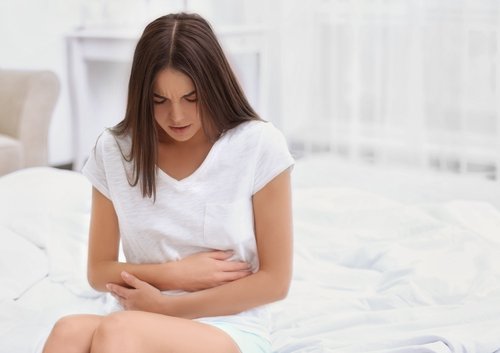Pain, the lack of a stable and intimate relationship, low self-esteem and a relatively recent diagnosis are among the most significant factors that harm the mental health of women with endometriosis, an Italian study found.
The study, “Mental Health in Women with Endometriosis: Searching for Predictors of Psychological Distress,” appeared the journal Human Reproduction.
Besides chronic pelvic pain, endometriosis is associated with a lower quality of life. The authors hypothesized that three factors may affect the psychological state of endometriosis patients: demographic variables (e.g., status of intimate relationships), endometriosis-related variables (e.g., time from diagnosis) and individual differences (e.g. self-esteem and self-efficiency).
Researchers studied 210 Italian women aged 19 to 51 who were diagnosed with endometriosis at a mean age of 36.7 years. Women with a history mental illness or other conditions were excluded. Mean time from diagnosis was seven years (within a range of 12 to 25 years). Researchers assessed their mental health using the Hospital Anxiety and Depression Scale and the Ruminative Response Scale.
The study found that severity of pelvic pain had a negative impact on mental health, as do many other studies that link pain to poorer mental health and psychological outcomes. These findings have crucial treatment implications, since they suggest that managing endometriosis symptoms requires a multidisciplinary approach.
Furthermore, women who had been diagnosed more recently reported higher levels of anxiety, highlighting the importance Increased anxiety was associated with a more recent diagnosis, highlighting the importance of diagnosing the disease as quickly as possible, and offering patients counseling if necessary.
Study results also suggest that partners play a key role in supporting women with endometriosis, since patients in a stable intimate relationship had less anxiety and depression. Likewise, women with more self-esteem and self-reliance were also less likely to be depressed, though study authors noted that such associations are complex and can change over time.
“Factors other than pelvic pain can significantly affect the mental health of women with endometriosis,” the study concluded. “Targeted multidisciplinary interventions should include evaluation and enhancement of self-esteem and self-efficacy to improve women’s psychological health.”

